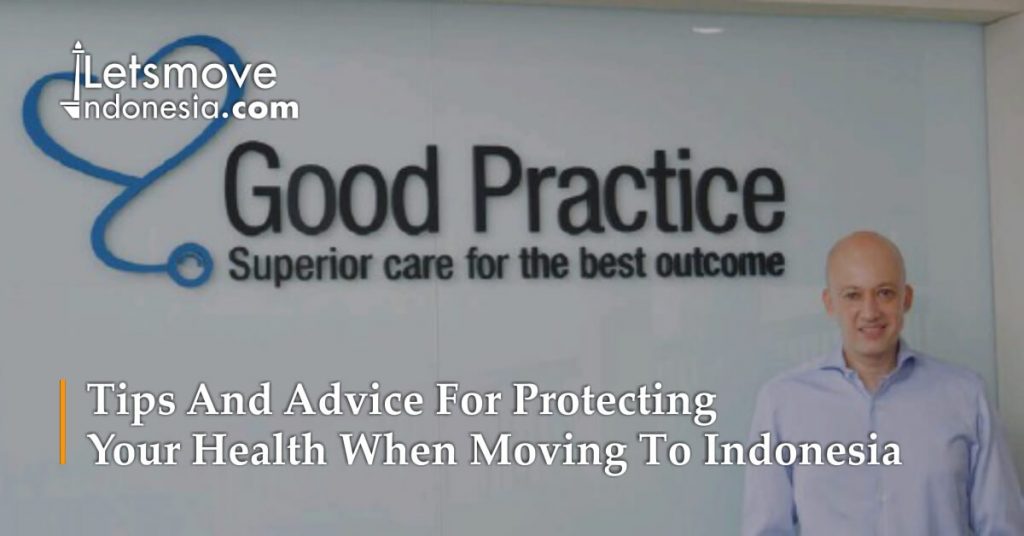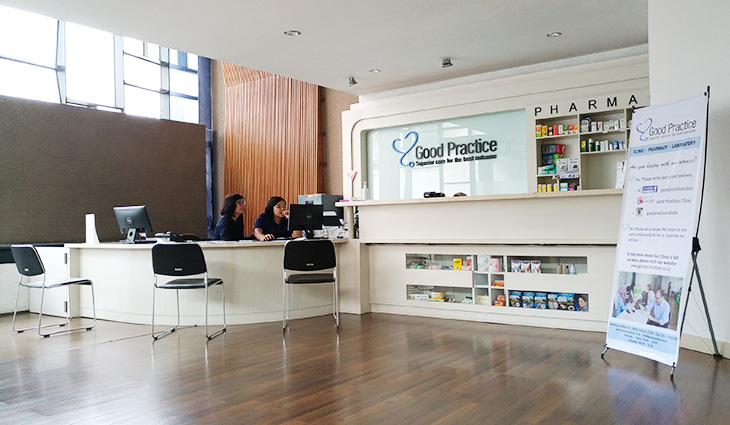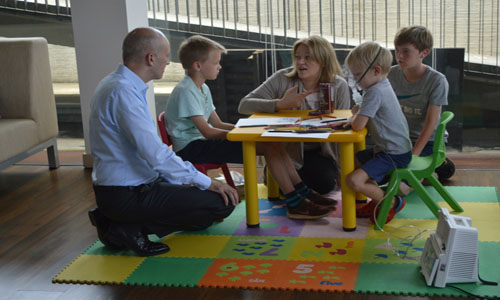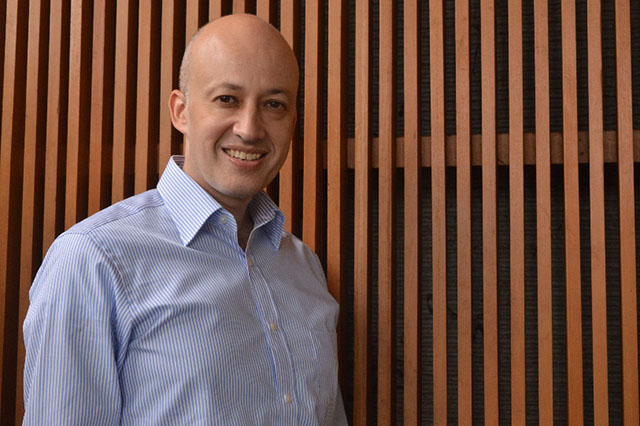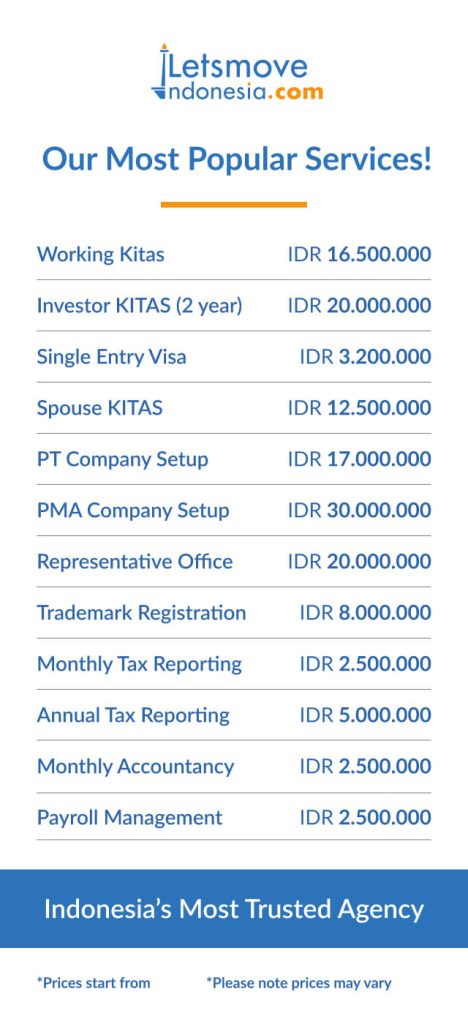Tips and advice for protecting your health when moving to Indonesia – courtesy of The Good Practice
LetsmoveIndonesia is delighted to announce its partnership with Good Practice Clinic. A privately-run Primary Care clinic that focuses on providing expatriates with excellent service and peace of mind.
LMI speaks with Steven Graaff, the Director and Founder of Good Practice Clinic who gives us some useful tips for moving to Indonesia and protecting both yours and your family’s health.
LMI: Firstly, thank you for speaking with LMI, we are delighted that we can help our businesses grow and support each other. What made you decide to open Good Practice and what makes you different to other clinics?
SG: I have worked as a medical professional in several countries and I noticed that a family medicine practice as I know from the UK or the Netherlands is not really existing here in Jakarta. A place where you always see the same doctor, supported by a pharmacy and comprehensive lab. I wanted to create a first port of call for families. Quality medical care by international guidelines was my major objective. A consistent, all English speaking team is also a huge advantage. Our knowledge of the local and regional capabilities are of benefit too.
We are unique because we take our time to listen carefully and create a management plan together with our patients. Seeing the same doctor helps continuity of care and this contributes to a better outcome. Good follow-up, skype availability and 24 hour access to the medical team for our Premium members make us also different.
LMI: For expatriates moving to Indonesia for the first time, are there any vaccinations or health checks we should do before arriving?
SG: You have to make sure that the so called standard vaccinations are up to date, like Diphtheria, Tetanus, Pertussis and Polio. Vaccinations against Typhoid fever, Rabies, Hepatitis A and B are recommended. For travelling within Indonesia and the region, we should consider vaccinating against Japanese Encephalitis too.
LMI: Once in Indonesia, are there any additional checks we should do to ensure our continued wellbeing?
SG: Some feel it might be a challenge to stay healthy in Indonesia, but if you use common sense it is not so difficult. Try to avoid obvious risks. Do not drink or use tap water for cooking. Protect yourself against mosquito bites. Be careful in traffic and use a helmet when you are on a motor bike.
Equally important is to identify a clinic that you are comfortable with. A clinic where you can turn to with any questions. I think it is essential that you have a trusted medical practitioner who is accessible. I hope people will consider to get to know Good Practice. We are very happy to help out with any health related matter.
LMI: For those travelling with families, what provisions should parents make to ensure their children’s health?
SG: Vaccinations, a healthy balanced diet, and common sense will take you a long way. I encourage everyone to discuss any concerns, because sometimes parents just need reassurance or some simple advice. My take home message is that all families should identify a clinic that they are comfortable with. A clinic with medical staff who understand their challenges and who are able to communicate in clear language.
LMI: In terms of health insurance and protecting ourselves, do you have any recommendations on what types of insurances to obtain and where we should get them?
SG: Good health insurance is important. I would look for insurances which cover repatriation or evacuation in case major operations are required. We are proud to be one of the few family medicine practices in this region who are an official healthcare provider for Cigna and soon for Allianz.
LMI: Are there any special health considerations we should contemplate when moving to Indonesia?
SG: When you suffer from certain health conditions or if you need special care for a chronic disease it would be a good idea to find out what the options are for you locally. This may vary from checking the availability of medication to access to the right specialist. I believe that a trusted medical practitioner of a clinic that you feel comfortable with, can be a great support for this. At Good Practice Clinic for instance we have a pharmacist who can help you to obtain the necessary medication. If you have a specialist in your home country or if the expertise for your condition is only available in Singapore, we at Good Practice clinic can communicate with them to ensure the best care while you are here.
LMI: Whilst in Indonesia, if someone has an emergency and requires medical treatment, what should you do?
SG: It all comes down to having good contact with a preferred clinic. Talk to your doctor. If you are a patient at Good Practice, we would either help you ourselves or advise you where to go. Sometimes care provided by others due their location might be necessary in case of an emergency.
We can help you too when you need hospital care or if you need an evacuation for instance to Singapore.
LMI: Thank you for all your tips and advice, if any of our readers have any additional questions or would like to some advice, how can they contact you?
SG: Our email [email protected] is an easy way to contact us. This email is also directly accessible from our website www.goodpractice.co.id
Our phone number is 021 7183 140
Via Skype Good Practice Clinic and last but not least anyone is very welcome to visit our practice even if you just want to have a chat.
